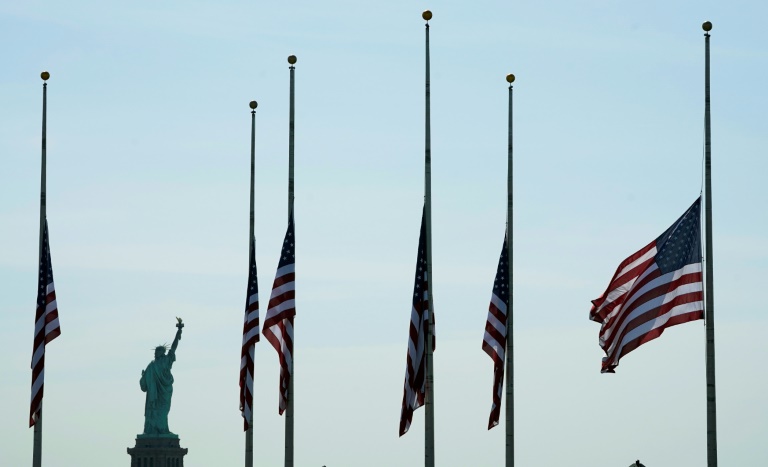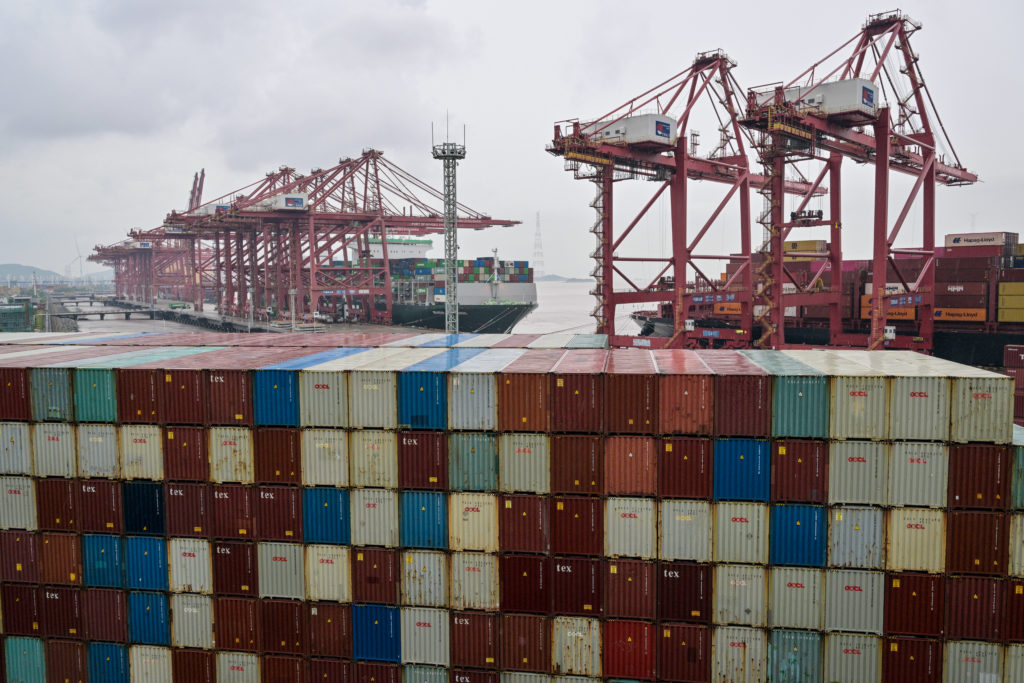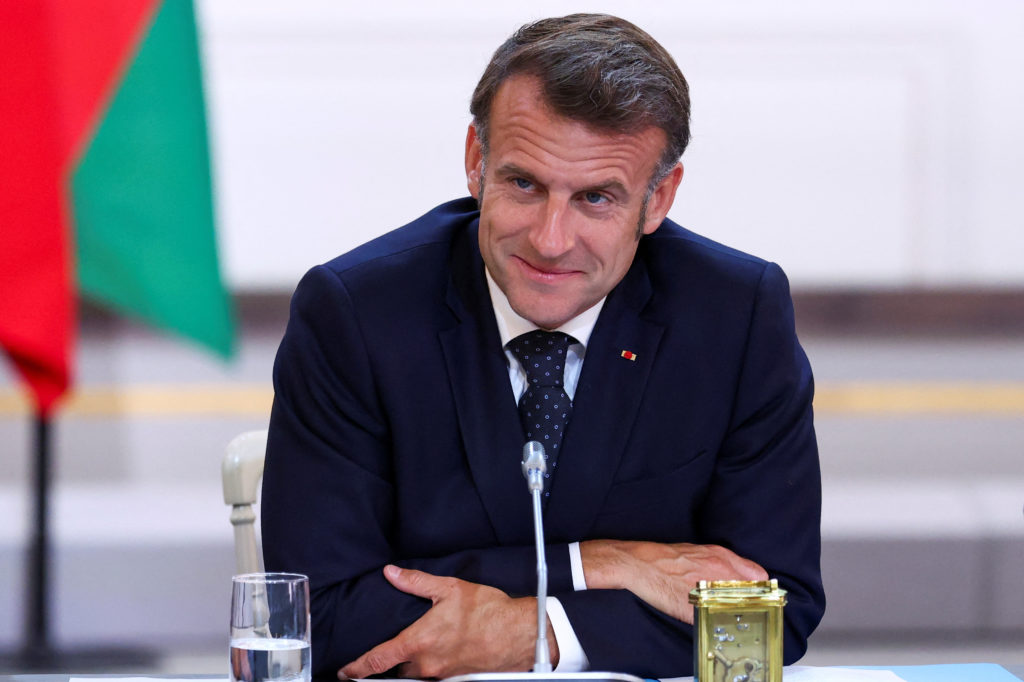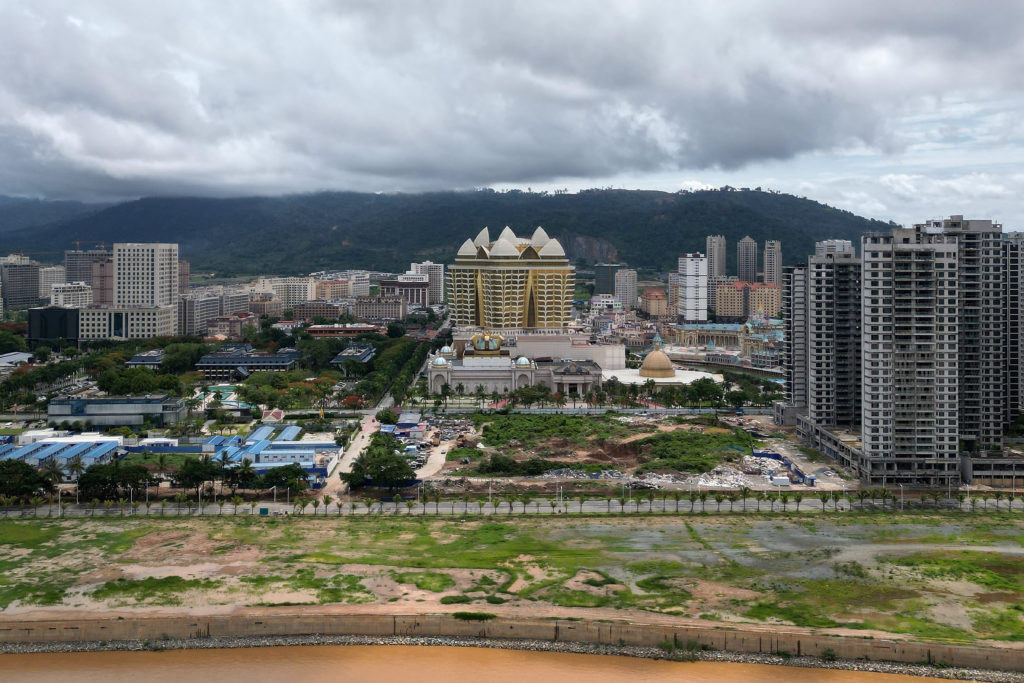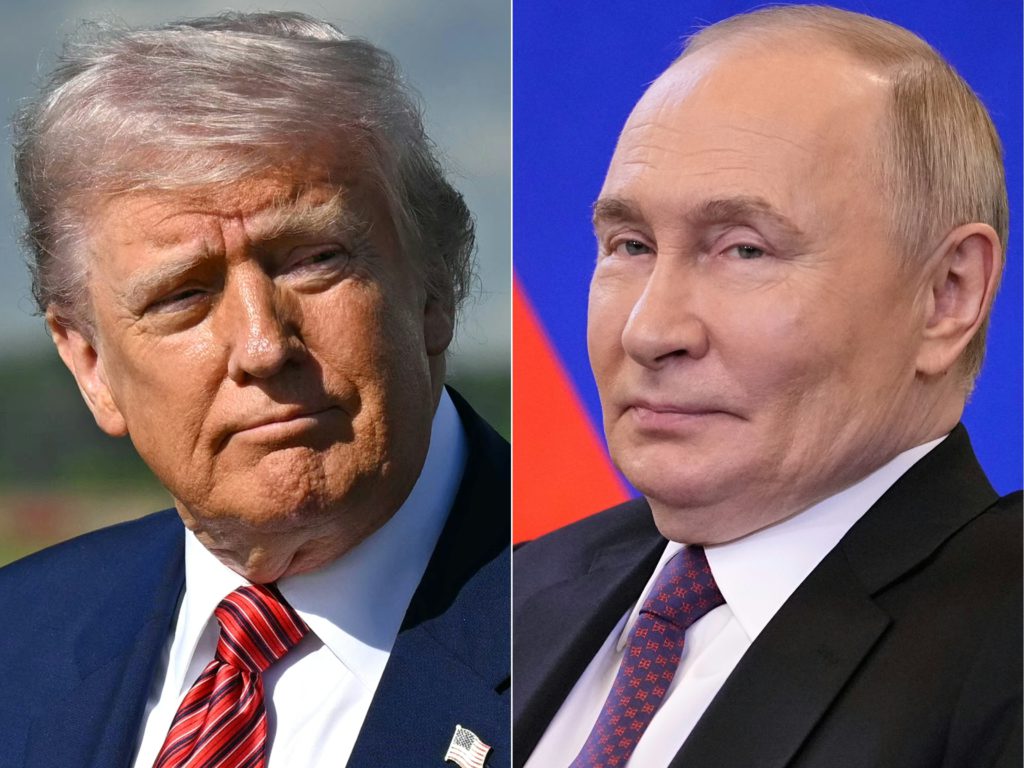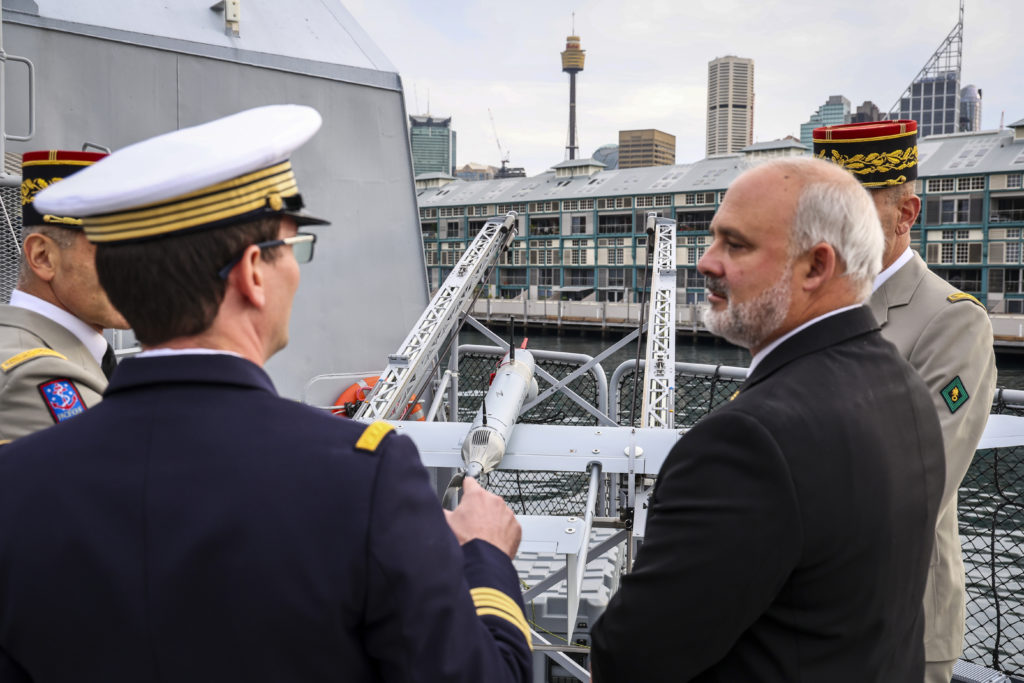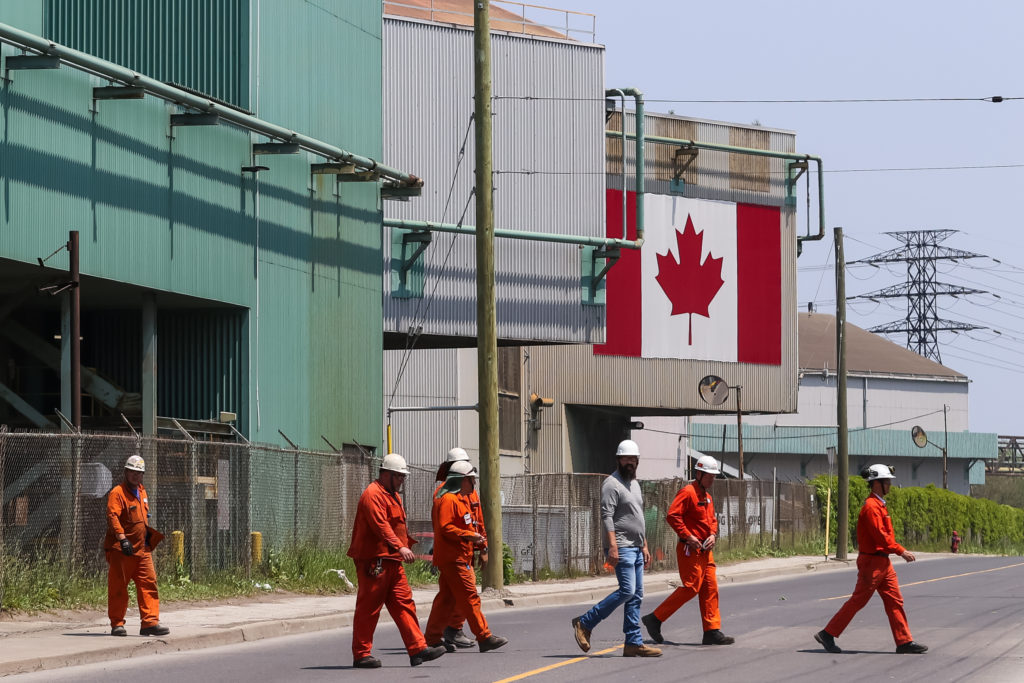For nearly a decade, America’s satirical “The Onion” publication has run a headline that’s come to epitomize the futility many people feel in the wake of yet another US gun massacre.
“‘No Way To Prevent This,’ Says Only Nation Where This Regularly Happens” reads the title, which the outlet published on Wednesday for the 21st time since 2014.
The headline routinely makes the social media rounds after mass shootings, as flags are lowered to half-staff, moments of silence are held and US lawmakers offer words of condolence, perhaps even anger or tears — but ultimately little else.
The Onion article was also run earlier this month, after a racist shooting at a grocery store in upstate New York.
Less than two weeks later, a teenage gunman on Tuesday shot dead 19 primary schoolchildren and two teachers in Texas.
It echoed the school massacres that came before it: Columbine, Sandy Hook, Parkside.
The attacks remain open wounds on the American psyche but have resulted in little to no legal changes.
In many places across the nation, gun ownership today is easier than ever.
The inertia in the face of cyclical violence stands in stark contrast to responses elsewhere in the world.
Hours after the Texas attack New Zealand’s prime minister, Jacinda Ardern, appeared on the US program “The Late Show with Stephen Colbert” and drove home just how uniquely American the problem is.
In 2019 a white supremacist gunman opened fire at two mosques in Christchurch, New Zealand, murdering 51 people and injuring dozens more.
Less than a month later, the country outlawed almost all semi-automatic weapons and assault rifles.
“I could not fathom how weapons that could cause such destruction and large-scale death could have been obtained legally in this country,” Ardern said at the time.
Speaking Tuesday, she explained that New Zealanders are “a very pragmatic people.”
“When we saw something like that happen, everyone said never again,” she said.
“So then it was incumbent on us as politicians to respond to that.”
– ‘Carnage’ –
Ardern also invalidated fears that gun control would have an adverse impact on activities like hunting.
“We have legitimate needs for guns in our country, for things like pest control and to protect our biodiversity,” she told Colbert.
“But you don’t need a military-style semi-automatic to do that.”
“And so we got rid of them.”
Australian economy ministry Jim Chalmers summed up a large part of the global reaction to the Texas attack.
“It is hard to imagine that a great country like the United States can go on like this, with this gun violence, these mass atrocities,” he said.
The American distinction isn’t lost on politicians including President Joe Biden, who in the aftermath of the Texas attack tweeted that “these kinds of mass shootings rarely happen elsewhere in the world.”
“Why are we willing to live with this carnage?
Why do we keep letting this happen?” he pleaded.
Speaking Tuesday night he urged US lawmakers to stand up to the National Rifle Association, the country’s powerful pro-gun lobby that has given millions of dollars to primarily conservative politicians in a successful bid to keep gun laws loose.
Even incremental US legislative change — including background checks, raising the minimum firearms purchasing age, and creating a system that would empower courts to keep guns away from potentially dangerous people — faces an apparently insurmountable obstacles.
“The difference between America and these other nations is not that there aren’t people with homicidal thoughts in other nations,” said Senator Chris Murphy of Connecticut on MSNBC Tuesday night, after he delivered an emotional plea for gun control on the Senate floor.
“It’s that they can’t go down to their local Walmart and buy a weapon that kills 20 kids in two minutes.”

